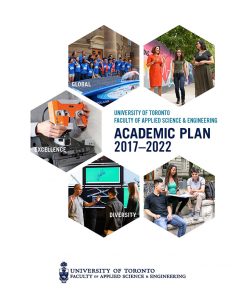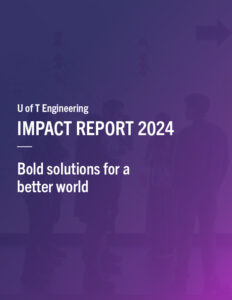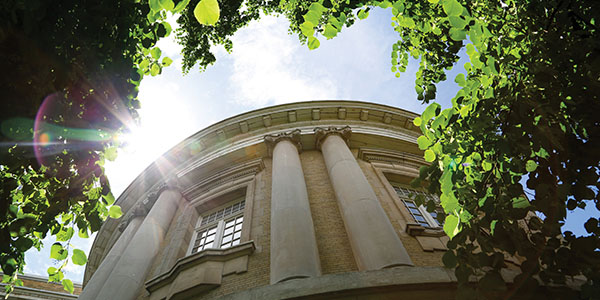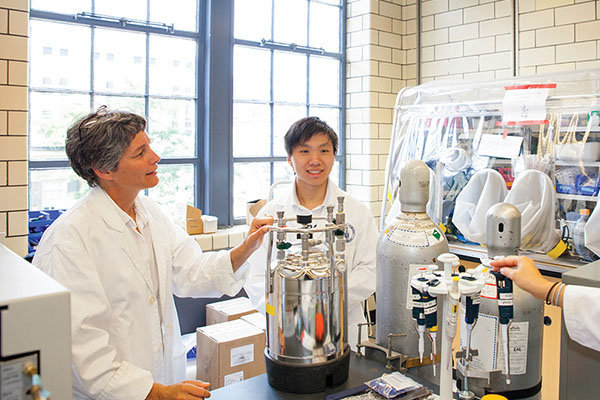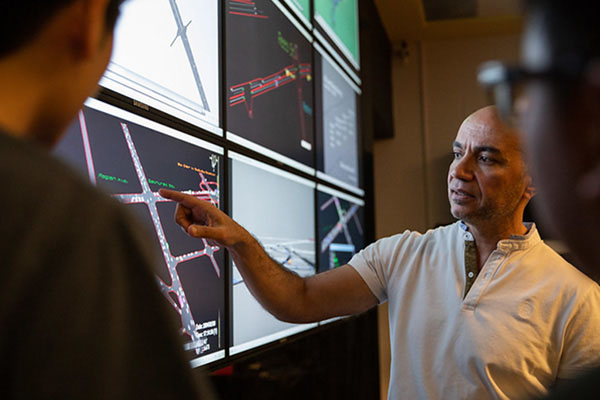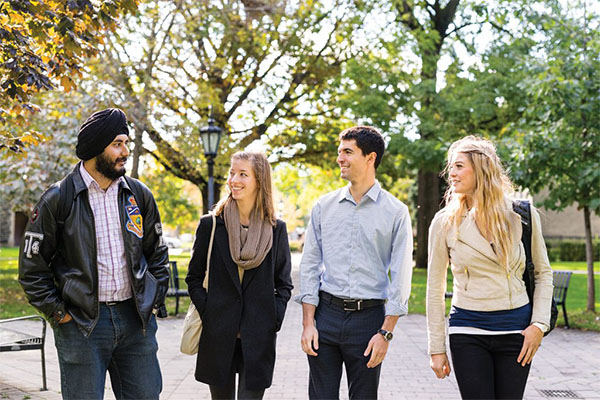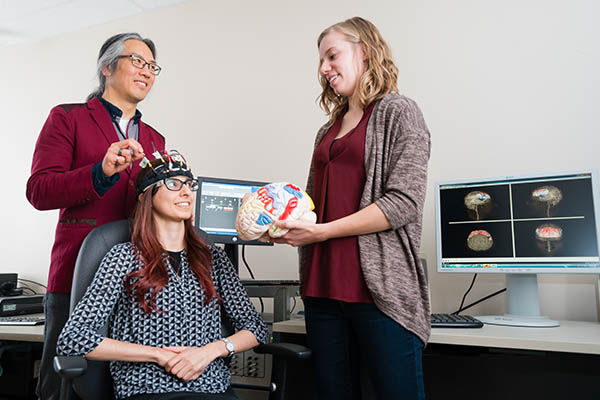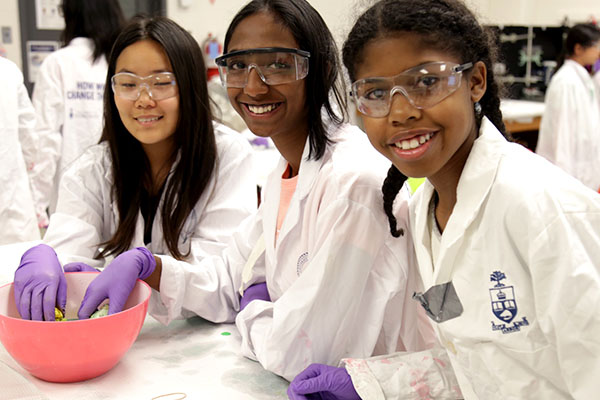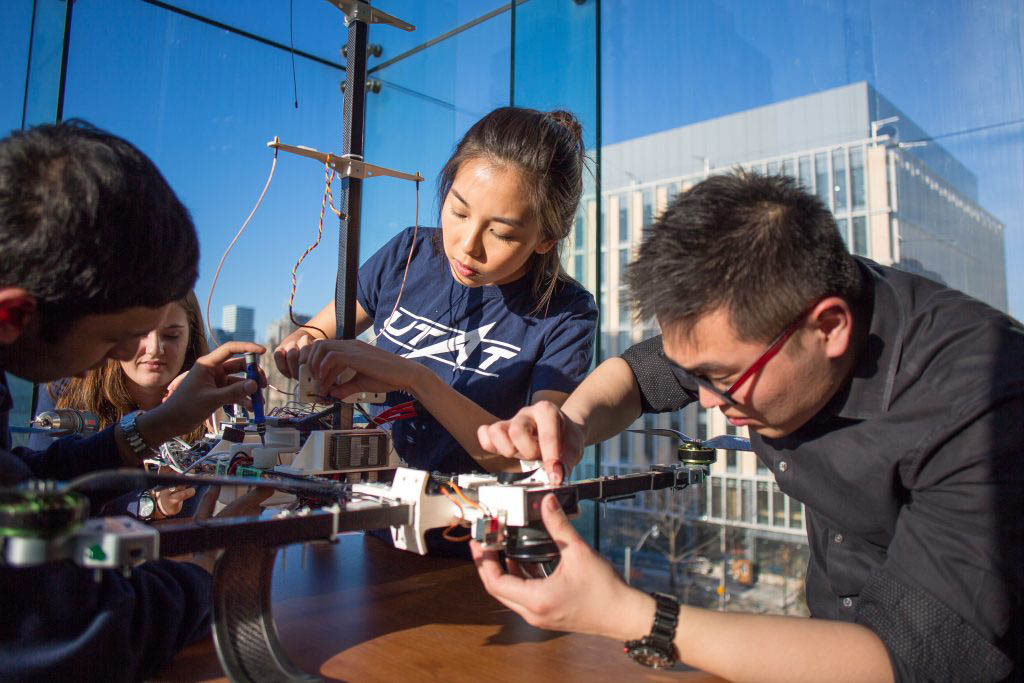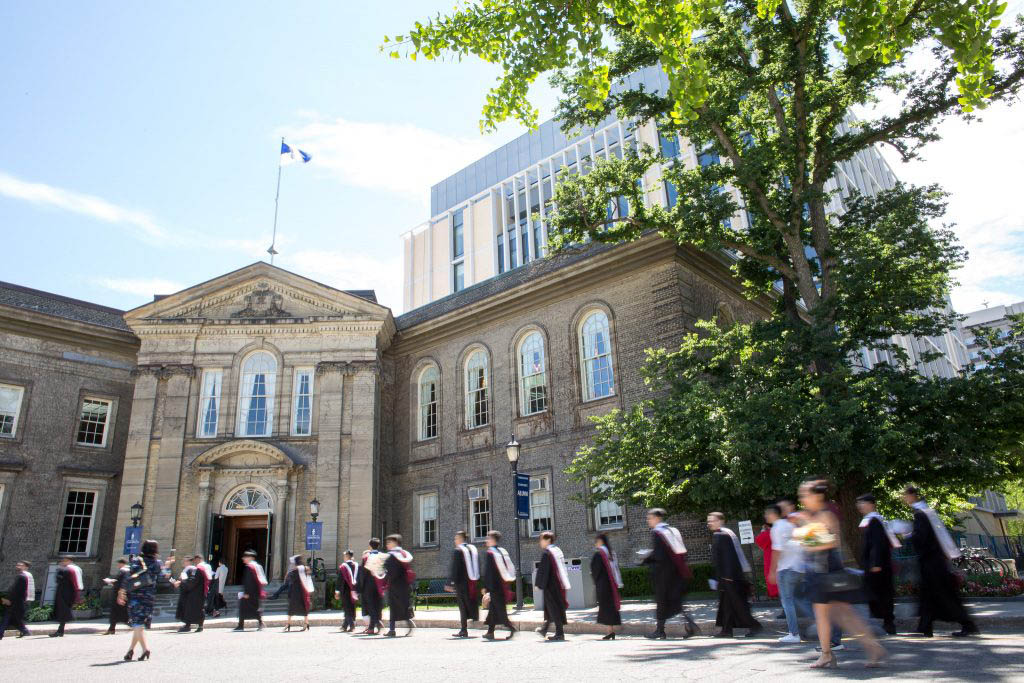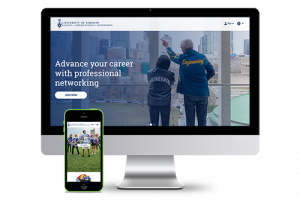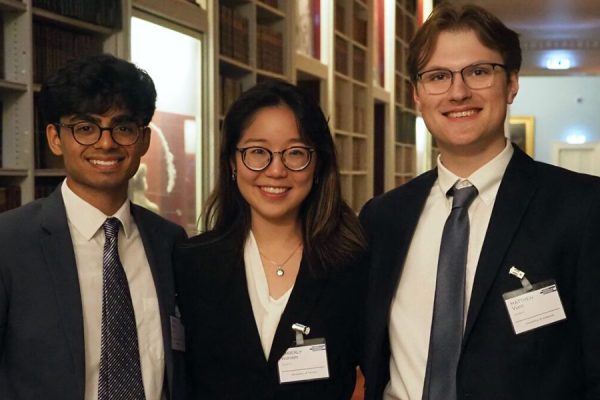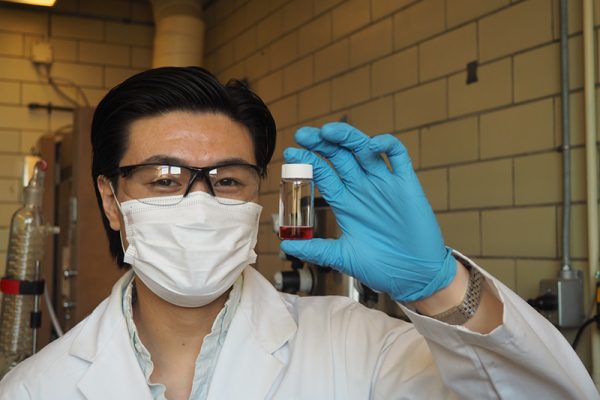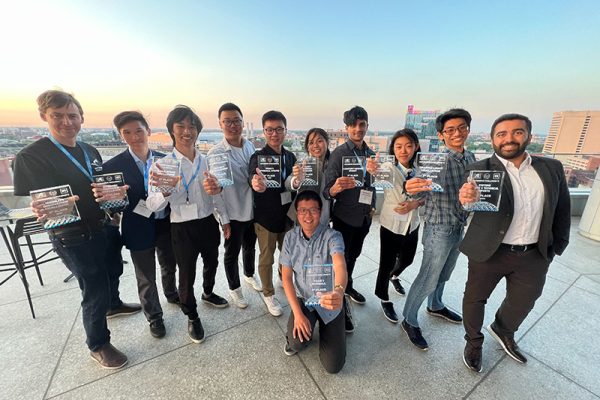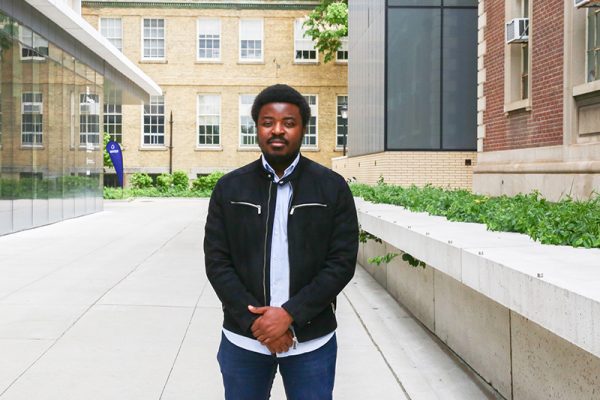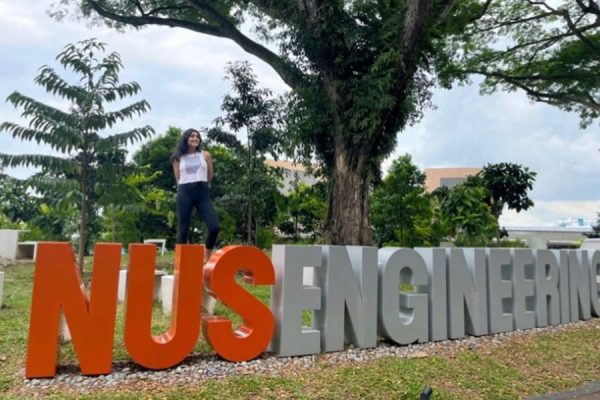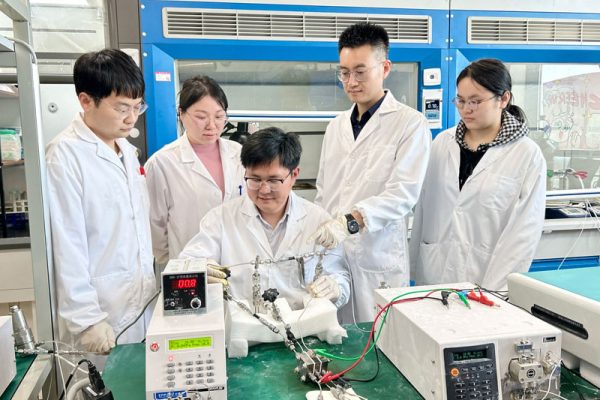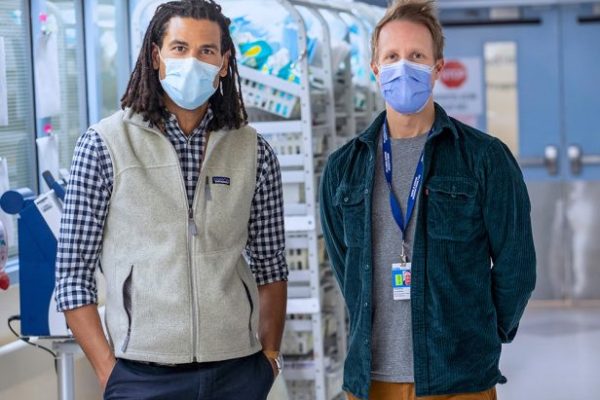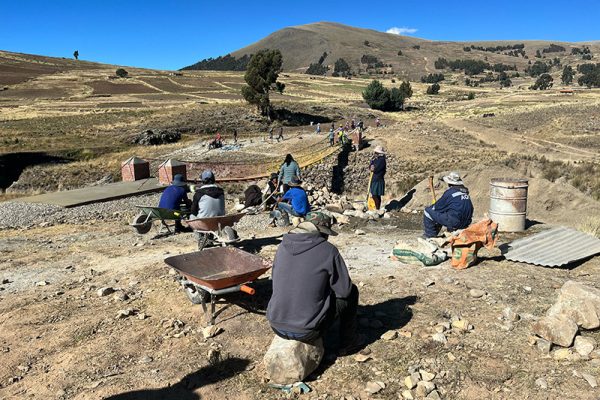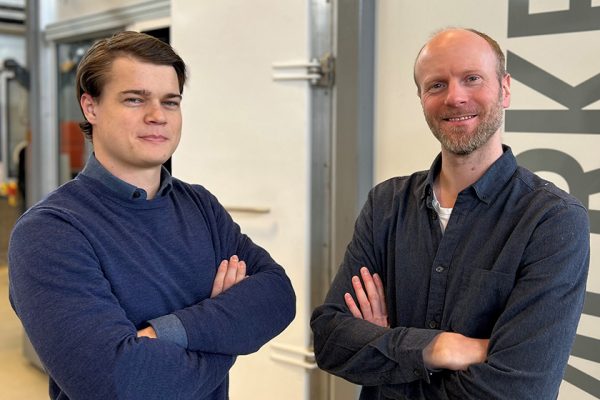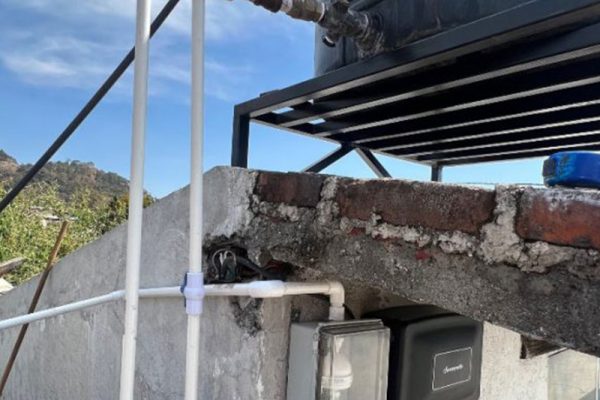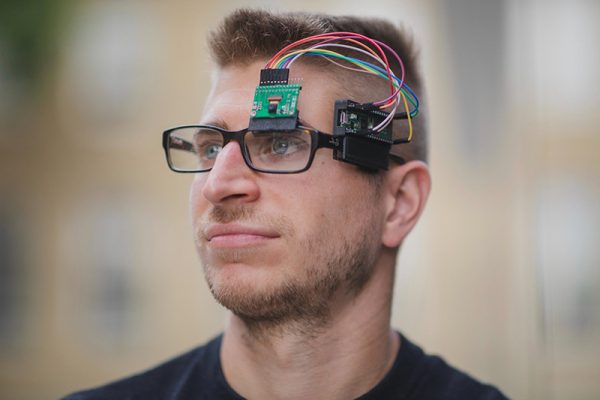Dean's Message
The 2022–2023 school year marked a major milestone for our Faculty — we have now been at the leading edge of engineering innovation for more than 150 years.
The technologies that define our daily life, from automobiles to airplanes to mobile phones, had barely been imagined when U of T Engineering was founded in 1873. But over the past century and a half, engineering graduates created them through our time-honoured process: design, build, test and repeat.
We’re still doing that today. Over the past year, our researchers have made important advances in fields from sustainable transportation to housing, robotics and health care. Our students made headlines by winning the NFL’s Big Data Bowl, and by launching Canada’s first hybrid experimental rocket.
One thing that has changed is the face of engineering — and while our community is more diverse than ever before, we recognize that it still does not fully reflect the society that we serve. We are working to change that, and you will read about many initiatives designed to make our Faculty and our profession more diverse, inclusive and equitable in every section of this report.
At the gala event that launched our Defy Gravity campaign, we re-dedicated ourselves to addressing some of the most critical issues of our time. We promised to continue creating sustainable & thriving global communities, promoting healthy societies, designing intelligent machines for good and enhancing the development of the 21st century engineer.
I hope you enjoy this report, which highlights some of our favourite moments from the past year and anticipates the accomplishments yet to come. Today, we are better positioned than ever to shape the next 150 years — for our Faculty, across Canada and around the world.
– Chris Yip, Dean, Faculty of Applied Science & Engineering
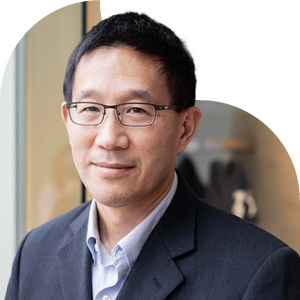
Engineering 150
From its origins in the School of Practical Science in 1873, U of T Engineering has been leading change and driving innovation for more than 150 years.
Our Faculty is the home of the first woman aircraft designer, the creator of the first electric wheelchair and the inventor of the revolutionary technology behind touchscreens. Today, we are still pushing the limits of technology and keeping ourselves at the heart of bold solutions for a better world.
Our 150 campaign — part of the University of Toronto Defy Gravity campaign — is described by four key pillars:
Creating sustainable & thriving global communities through technologies that meet the climate crisis head-on, such as new ways of harvesting solar power or bio-inspired solutions that reduce energy use in buildings
Promoting healthy societies by finding new ways to diagnose, treat and prevent disease
Designing intelligent machines for good, using expertise in analytics and AI to improve everything from self-driving robots to water distribution systems
Enhancing the development of the 21st century engineer by promoting a more inclusive profession and enhancing the skills of U of T Engineering graduates
Read our stories and learn about the next 150

